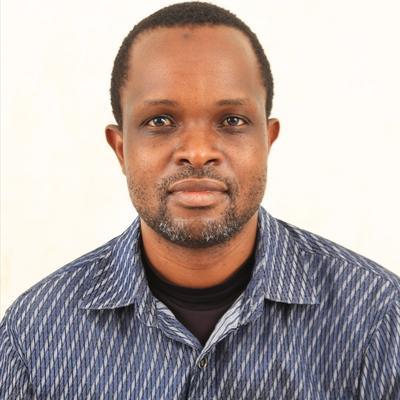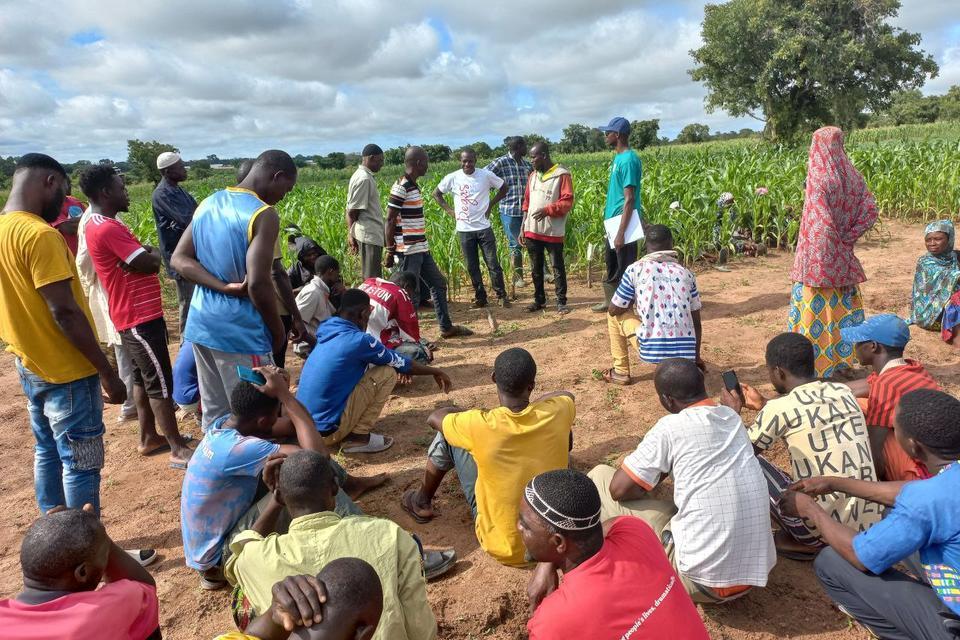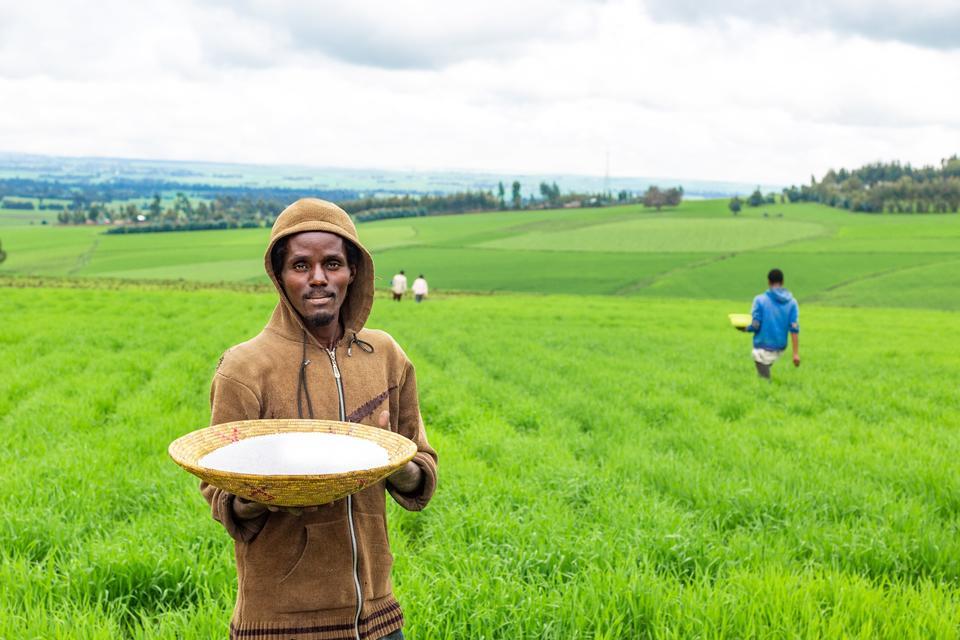Blog Unveiling Innovations Co-designed with Farmers for Mixed Cropping: A Field Day in Daasuyili, Ghana
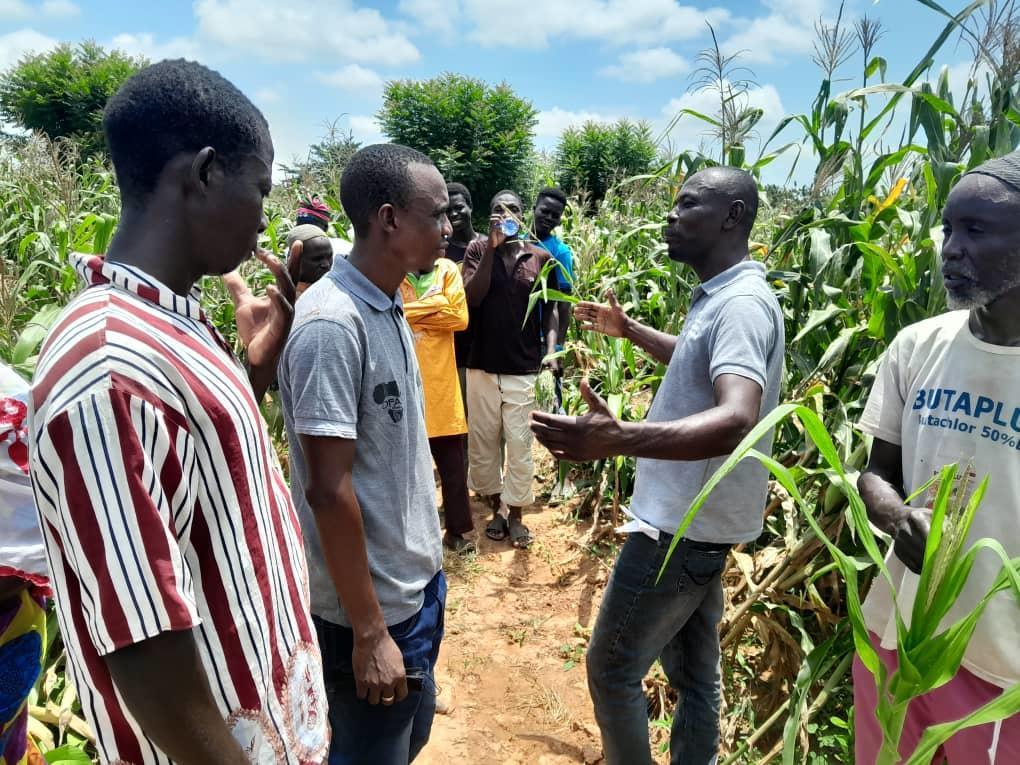
On the 28th of September 2023, the quaint town of Daasuyili in the Tolon District of the Northern Region of Ghana witnessed a celebration of agricultural innovation and community engagement. The occasion? A field day organized by two CGIAR initiatives, EiA and MFS, under the theme "Tailored Varieties, Fertilizers and Cropping Systems for Improved Production, Income and Health.
By: Jalaludeen Masoud, Powell Mponela, Isaac Boatey Akpatsu, Fuseini Salifu, Abdul-Latif Jizorkuwie, Abera Wuletawu
As a co-design and participatory action research (PAR) platform, the field day interfaced diverse stakeholders including farmers from 6 districts, the community leaders, their frontline extension agents and District Directors who shared lessons with the researchers: from national institutes CSIR-Crop Research Institute (CRI) and Soil Research Institute (SRI) and the Alliance of Bioversity and CIAT(The Alliance).. The primary goal was for the hosting farmers to showcase the impact of different maize varieties, fertilizer applications, and cropping systems on production, income, and community health. Excitingly, it also allowed farmers to actively participate in evaluating the performance of early maturing open pollinated maize varieties and hybrid in response to various fertilizer recommendations and cropping systems.
Agric Extension Agents and farmers actively participated in evaluating maize varieties and treatments based on field observations, experiences with maize production, and personal perspectives. The evaluation criteria ranged from yield and food security to varietal responses to fertilizer application and market demand.
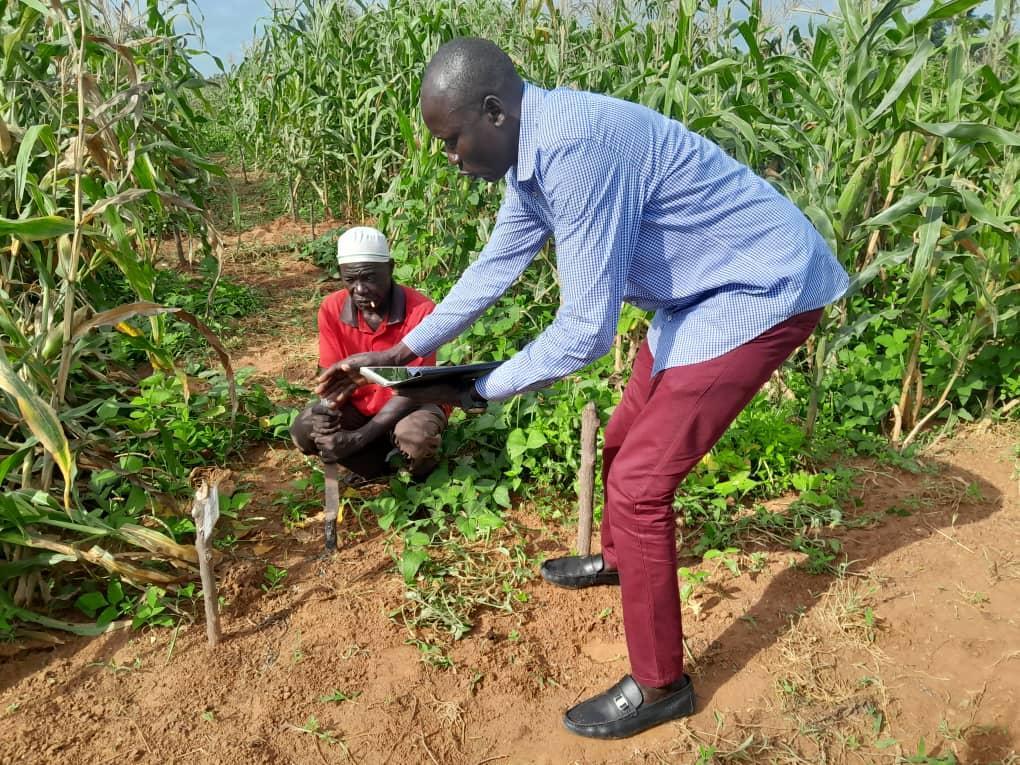
An Enumerator taking a farmer through the Participatory Technology Evaluation
The event drew national media attention, with Sagani TV and Joynews channel from the Multimedia Group covering the proceedings. The impact of this field day reverberated beyond Daasuyili, reaching national audiences through a broadcast on the "AM SHOW" by Joynews TV. Farmers shared their insights and experiences, with Baba Mohammed advising fellow farmers on the significance of maintaining manageable farmlands to apply good agronomic practices effectively. Laminu Adam drew attention to the threat of striga weed, showcasing the challenges faced by farmers. Dr. Patricia Oteng-Darko of the CSIR-CRI provided practical solutions, urging farmers to adopt crop rotation schemes and resistant varieties.
Being sold at increasingly higher costs, the imported inorganic fertilizers are out of reach to many farmers. Emerging from COVID which disrupted imports, farmers look out for locally-sourced alternatives. A male farmer, Baba Mohammed, expressed interest during the media interview that “we have also leant the manure application with the use of animal droppings especially when one is cash trapped and cannot afford chemical fertilizer”. Farmers were astonished to witness that combining compost of chicken manure with inorganic fertilizer had similar effect on maize yield as when maize was given the recommended inorganic rate.
Notably, women farmers expressed keen interest in the maize-cowpea intercrop, raising pertinent questions about varieties and planting intervals. A female farmer, Azuma Mohammed, during the media interview expressed interest that: “In the past, we did now know that you can crop maize and beans (cowpea) together, but now we have been taught and we can see how they are growing so easily”. This indicates that integrating cowpea in maize dominated farming system is a gender-sensitive approach because cowpea is considered a women crop.
The search to find best combination of variety, fertilizer options and mixed cropping systems is propelled by the need to ensure that farmers get all the three in one package, stated by Dr. Patricia Oteng-Darko and Mr. Jalaludeen Masoud that the two CGIAR initiatives aim to: (i) reduce input cost of fertilizer and seed, (ii) increase crop yield and reduce malnutrition, and (iii) reduce risk by adapting to climate change.
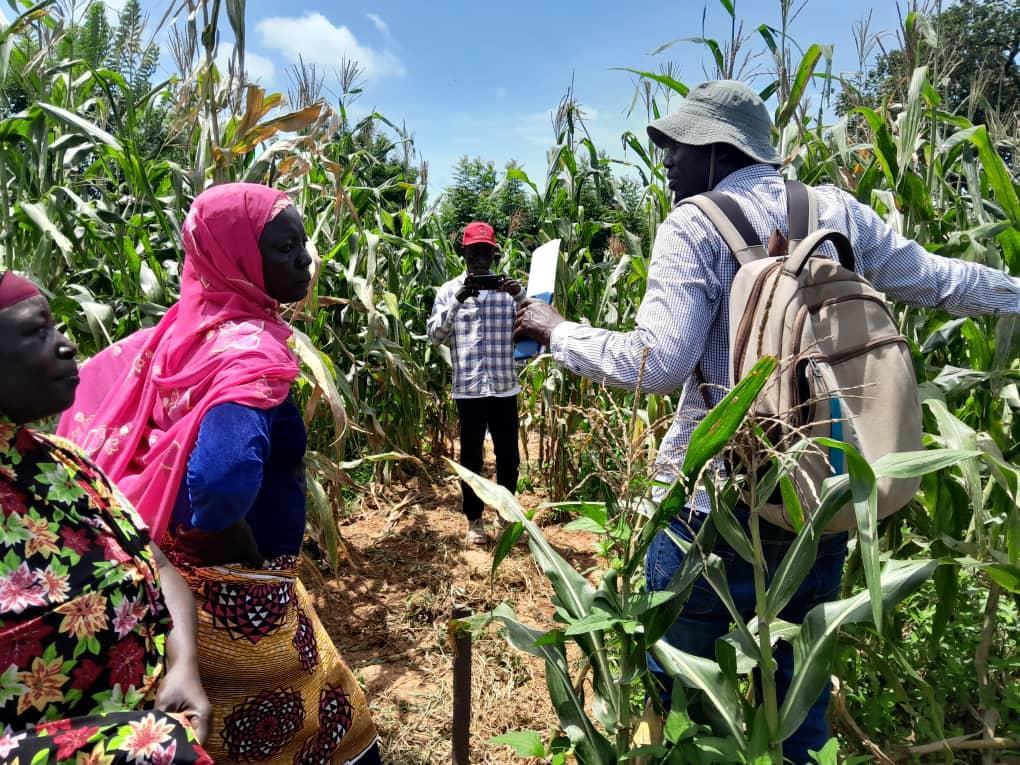
Women farmers sharing gendered perspectives with Jalaludeen Masoud to shape the system design.
One key technology stealing the spotlight was fertilization at planting—a game-changer for farmers facing the challenge of erratic rainfall patterns in Northern Ghana. This innovative approach not only enhances rapid crop establishment but also addresses the issue of missed windows for basal fertilizer application due to drought conditions post-planting. A passer-by farmer in Tampion village was astonished to see how his adjacent maize that was planted on the same day was outgrown and expressed interest to join and learn from the PAR farmers.
In the spirit of knowledge sharing and community empowerment, the Daasuyili field day stands as a beacon of agricultural innovation, showcasing the transformative power of participatory technology evaluation. As the lessons learned ripple through the region, the promise of a more resilient and sustainable agricultural future takes root. In his remarks Dr. Job Kihara indicated that the goal of the CGIAR is to improve food security and farmers livelihoods and urged the farmers and extension agents to co-design dissemination channels that would effectively scale the lessons to other communities across Ghana.
Naomi Zaato, the District Director for the Department of Agriculture in the Northeast Gonja, expressed her excitement about the collaboration with the Alliance and urged farmers to adopt the learnings from the trial. She emphasized the importance of practical application, stressing the knowledge gained would be meaningless if not applied in their fields. The chief of Daasuyili, Napari Sibdow, corroborated with the district director. He expressed gratitude for hosting the event and urged community members to share and apply the gained knowledge.
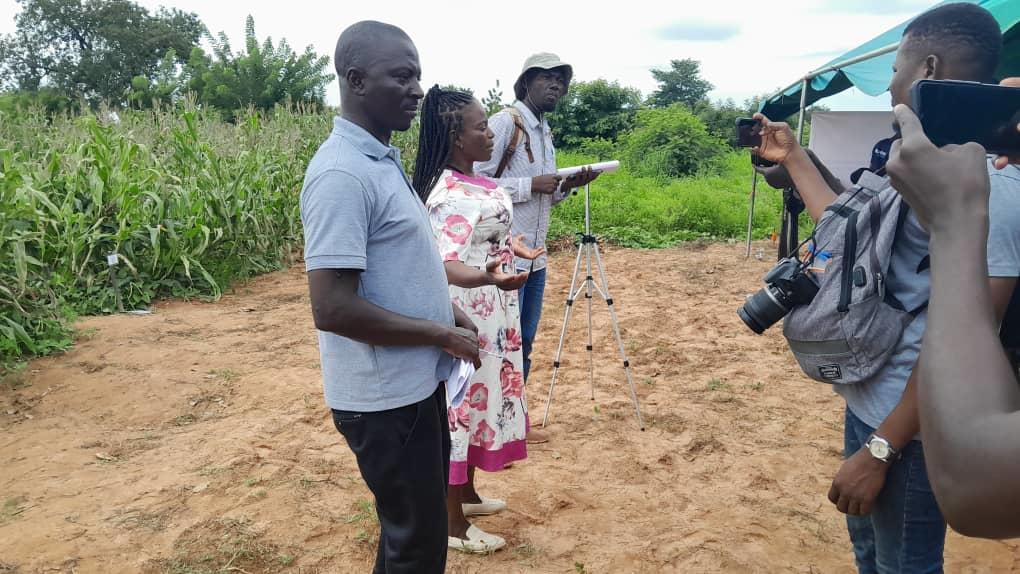
Madam Naomi Zaato, the District Director for Department of Agriculture - North East Gonja, encouraging farmers to learn and practice.
Event Media Coverage
The Team
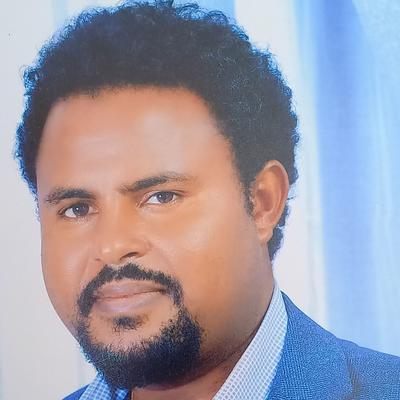
Wuletawu Abera
Senior Scientist, Country Representative for Ghana